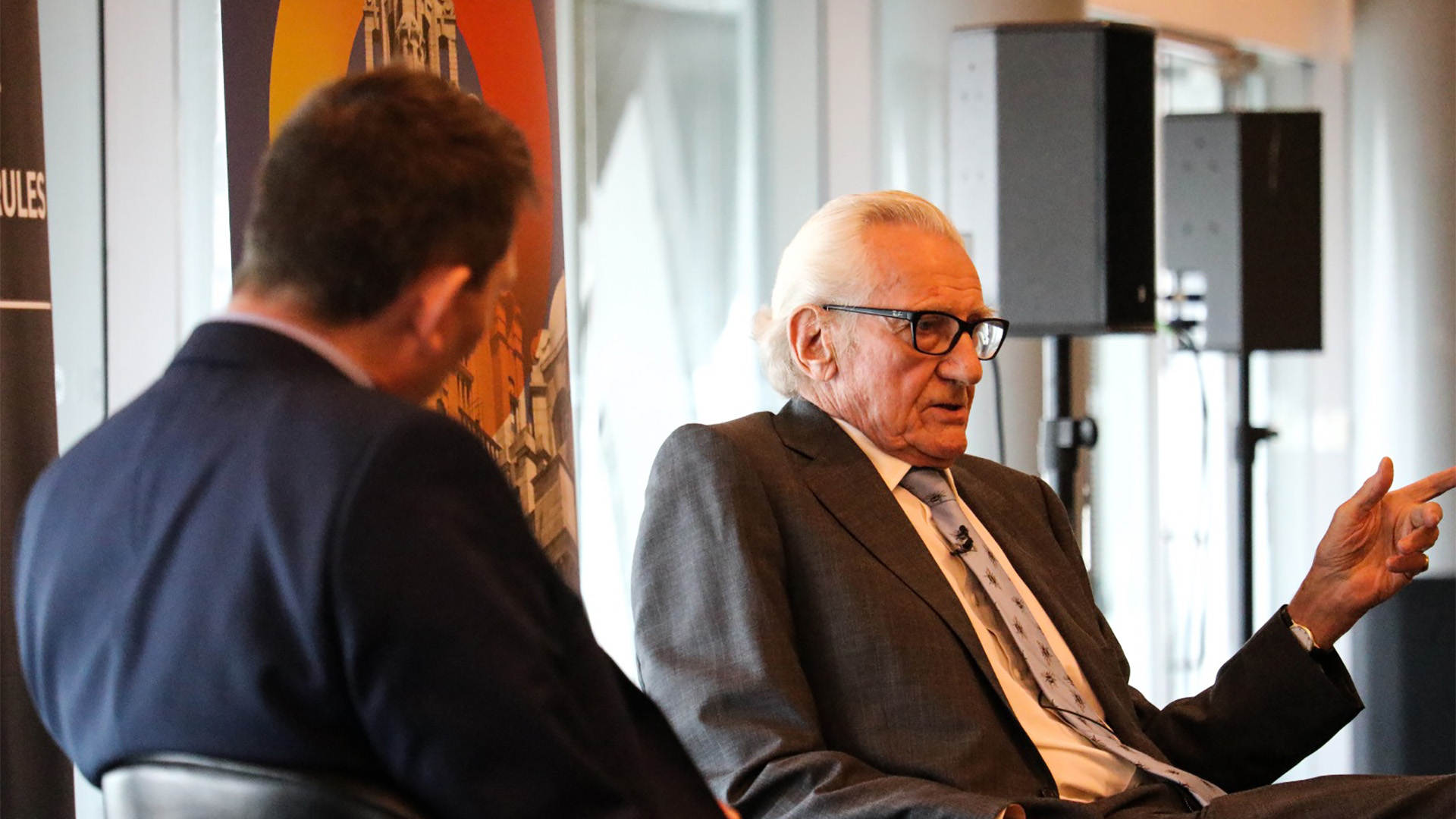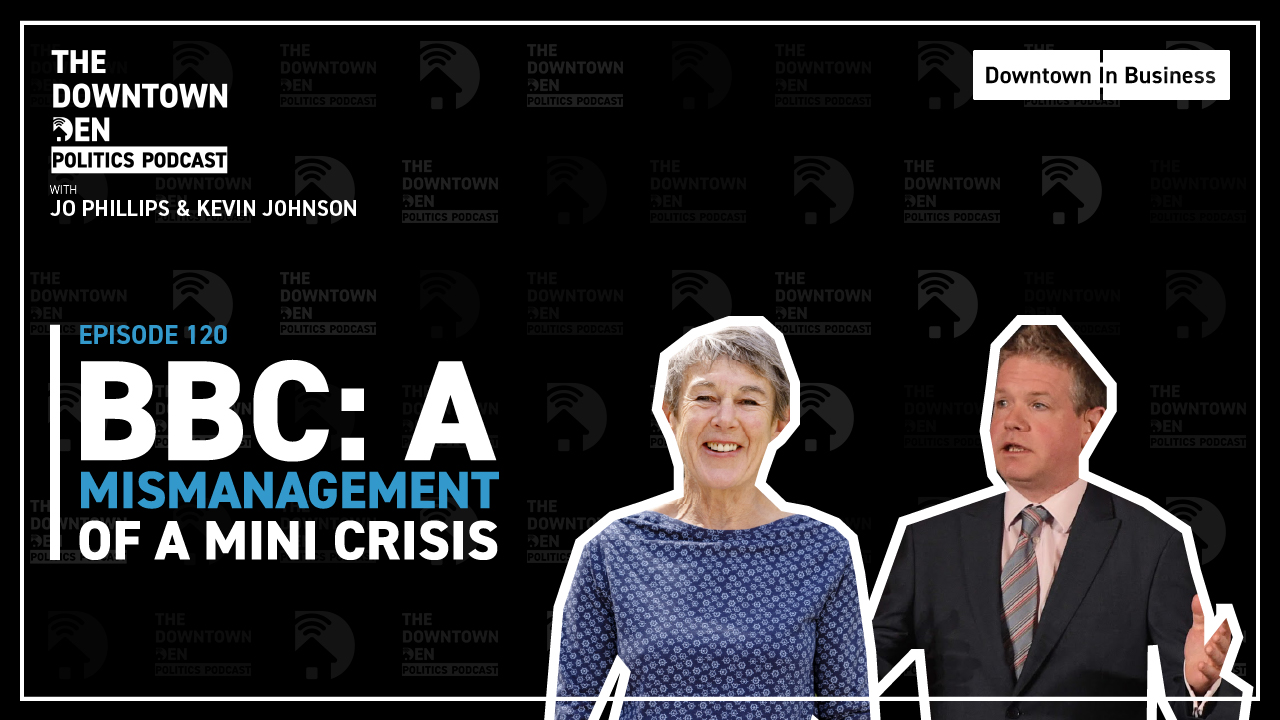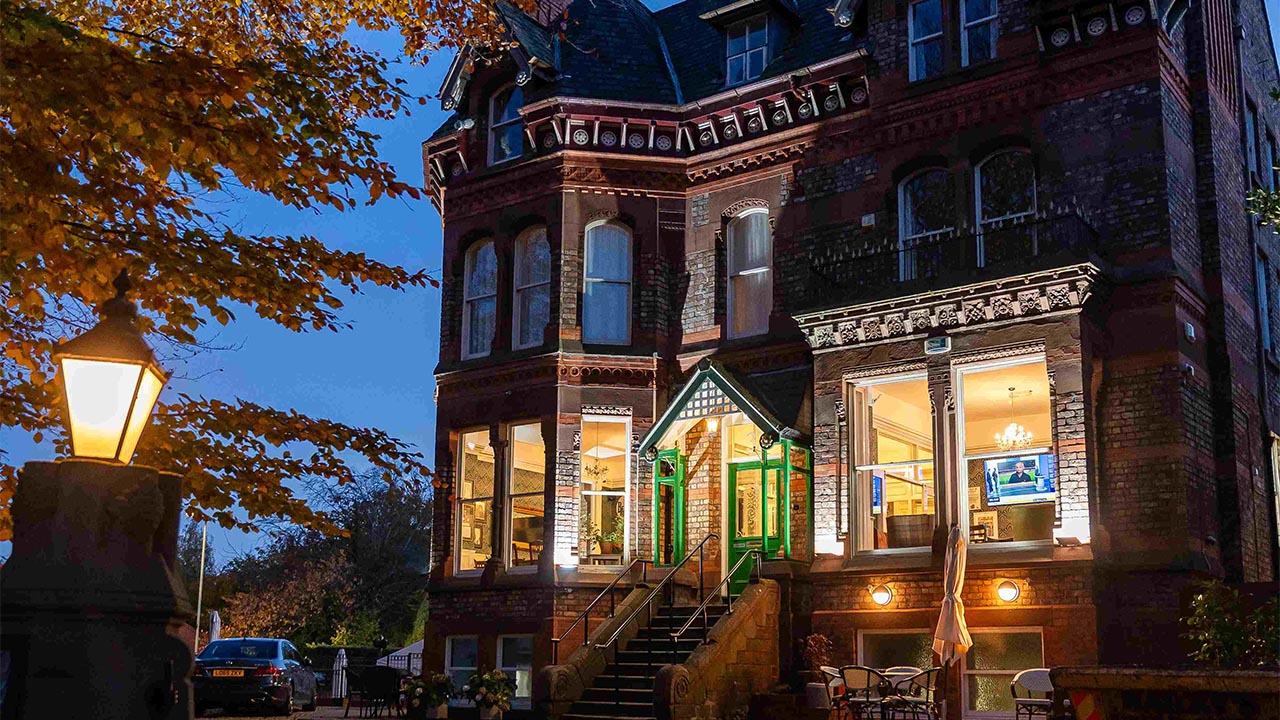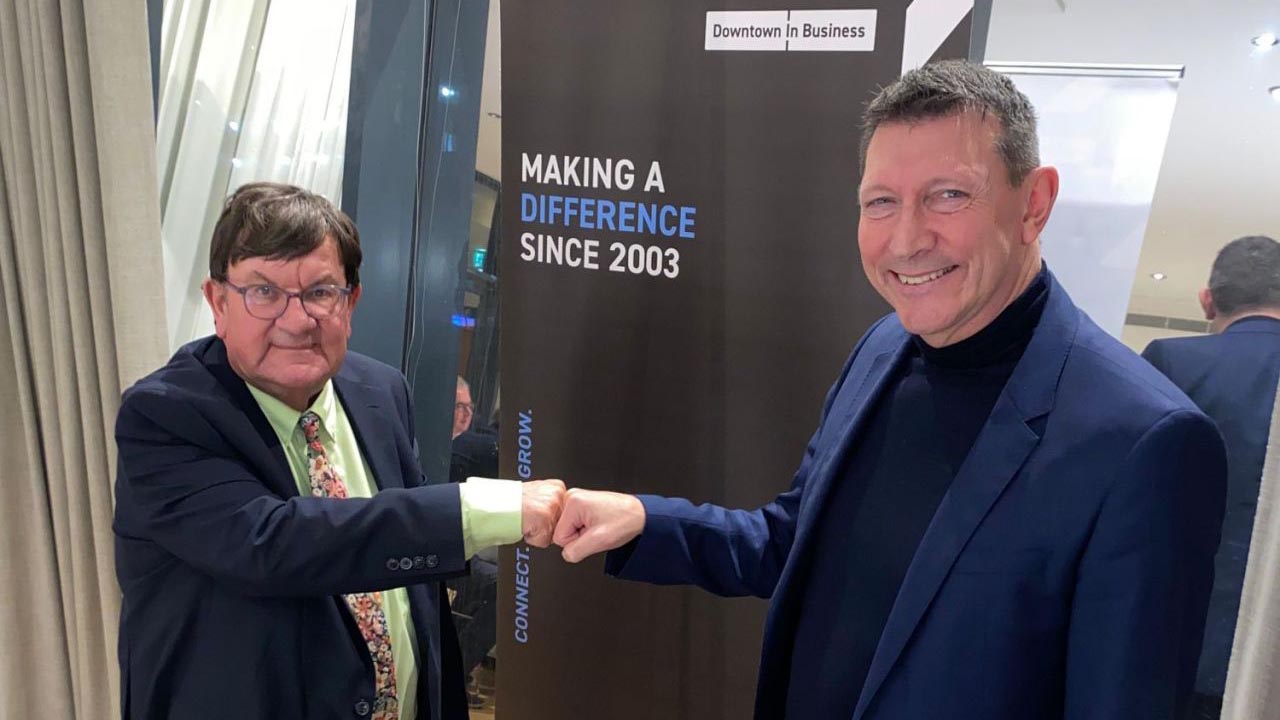Speaking in Liverpool on Wednesday at a Downtown in Business event, Lord Heseltine pulled no punches on World Heritage Status, devolution, Brexit and the city’s 40-year renaissance. Tony McDonough reports
If UNESCO takes World Heritage Status away from Liverpool it will be a huge mistake, says Lord Heseltine, but added the city would continue to thrive with or without it.
Now aged 88, the former ‘Minister for Merseyside’ was in sparkling form at a lunch event organised by Downtown in Business and held at ACC Liverpool. He offered his views on Liverpool’s renaissance, Brexit, devolution and World Heritage Status (WHS).
Senior UNESCO officials are expected to delete Liverpool from its list of World Heritage Sites at a meeting in China this month. In June, Lord Heseltine signed a letter, along with Liverpool Mayor Joanne Anderson, Metro Mayor Steve Rotheram, and other high-profile figures urging UNESCO to reconsider and visit the city.
Addressing the audience, Lord Heseltine said he had also written his own letter to the UNESCO committee urging them to visit the city and see for themselves what was happening on the ground. WHS is at risk because of development of the north docks and in particular Everton’s FC’s new £500m stadium.
“Liverpool is one of the world’s great heritage cities,” he said. “English history is right there. On the Everton FC stadium development the heritage will be largely enhanced and restored by the project.
“But if UNESCO does take the decision to take WHS away then the momentum of the recovery and regeneration of Liverpool will not stop. Men and women here with pride, energy and commitment will ensure it will continue.”
It is a commonly-held belief that Lord Heseltine’s association with Liverpool goes back as far as 1981 when he arrived in the city in the aftermath of the Toxteth riots and established a task force to get it back on its feet.
However, he first began to exert influence a little earlier in 1979 when he was made Secretary of State for the Environment in Margaret Thatcher’s newly-elected Conservative Government.
Earlier in the decade another Conservative Prime Minister, Ted Heath, had introduced Derelict Land Grants to pay for the clean-up of former coal mining sites in the British countryside. In 1979, the then Michael Heseltine decided to use the grants to clean up brownfield sites in cities such as Liverpool.
He said: “We had a rule that for every £1 spent by the Government we would ask the local authority to show us someone from the private sector who would match the spending and do something with the site. Here in Liverpool, even in those dark days for every £1 we spent we were getting £1.50 from the private sector.
“It is what we call ‘gearing’ and it doubled the spend available for the area. It also brought the public and private sectors together under a common purpose and would become friends rather than enemies.”
However, as Lord Heseltine himself acknowledged, such policies take time to have a tangible impact and as the 1980s dawned Britain’s social fabric was in dire need of repair. Inner cities such as Toxteth were blighted by poverty, deprivation and often racist and brutal policing policies.
In the summer of 1981 the anger and frustration of many young people in the Liverpool district exploded on the streets in a dramatic and devastating fashion. The riots lasted for eight days and left 70 buildings, and the businesses they housed, burnt down or demolished.
In the days following the uprising the Government scrambled for a response. It has become an oft-repeated myth that Margaret Thatcher advocated a policy of managed decline for Liverpool and other similarly-blighted urban areas.
However, for all her faults, this wasn’t the case. It was the then Chancellor Geoffrey Howe, a former Wirral MP, who wrote a short note to the Prime Minister warning her “not to over-commit scarce resources to Liverpool… I fear that Merseyside is going to be much the hardest nut to crack”.
He went on: “It would be even more regrettable if some of the brighter ideas for renewing economic activity were to be sown only on relatively stony ground on the banks of the Mersey.
“I cannot help feeling that the option of managed decline is one which we should not forget altogether. We must not expend all our limited resources in trying to make water flow uphill.”
Lord Heseltine advised the Prime Minister to do the opposite and urged her to send him to Liverpool to kick-start Liverpool’s revival. Mrs Thatcher embraced Lord Heseltine’s recommendation and rejected Howe’s.
“The riots of 1981 shook me,” said Lord Heseltine. “I said to Margaret Thatcher that of course law and order just be paramount but that I did not like the feel of this (the policing approach in Toxteth) and there was something there we needed to understand. I said I wanted to walk the streets and she agreed.
“So I did walk the streets and spoke to lots of people and everyone knew what was wrong and everyone knew whose fault it all was. It was always someone else’s fault. There was no leadership, no one who would stand up and say ‘follow me’.”
After a few days Lord Heseltine realised that just talking to people and finding out what was happening was not going to be enough. People were looking to him for answers. He assembled a task force made up of people from both the public and private sectors.
They produced a list of 30 projects, many of which came to fruition and included the Albert Dock and the Tate Gallery, Wavertree Technology Park and Stockbridge Village in Knowsley. And one particular project came about thanks to a couple of glasses of wine.
“I came to Liverpool every Thursday to meet with the members of the task force and to look at the progress on the projects on the list. If there was a lack of progress I would ask why and I would often stay over into Friday to knock heads together. I was the clerk of works.
“I would sit in my hotel room at the Atlantic Tower with a bottle of wine and look out across the River Mersey. I would ask ‘what have we done to you, we have turned you into a sewer?’.”
And so the Mersey Basin Campaign was born and Lord Heseltine said it was a proud moment when fish finally returned to the river. However, he was dismayed to discover the project was brought to an end after 25 years, adding: “It needs to keep going for another 25 years so that Liverpool becomes a world focal point for what is a huge environmental issue.”
He said today Liverpool was “a place transformed”. Following the riots he produced a report entitled It Took a Riot. Addressing the audience of business leaders at ACC Liverpool, he said: “When David Cameron was Prime Minister he asked me to revisit Liverpool and compile another report which I did along with Sir Terry Leahy.
“This time around there was a big difference. Terry and I did not have to make much of a contribution. Unlike in 1981 people here knew what needed to be done. They said ‘I will do it, we will do it’. Liverpool is now alive with talent and energy.”
In the run-up to the EU Referendum in 2016 Lord Heseltine had been one of the most vocal advocates of the Remain campaign and, as always, he didn’t pull his punches on the subject of Brexit.
He told the audience: “Brexit is a disaster. We have given people the message that the EU will make decisions but that we will no longer be a part of that. We have now handed control mainly to the French and the Germans. It is an abdication of power that I do not understand.”
Lord Heseltine said his experience in Liverpool had taught him the value of devolution. He was pleased that the Liverpool city region now had a metro mayor in the shape of Steve Rotheram. However, he added devolution had not gone far enough and that Mr Rotheram needed much more devolved power in order to do a proper job.
“During my time here I have learned a huge amount about Liverpool and about the remoteness of Whitehall,” he explained. “From that came my great belief in devolution. There is now a person in place here that we can ask ‘so what are you doing?’.
“But there is no reason why Liverpool city region should not have the same devolution powers as Greater Manchester. Government has to recognise the meaning of devolution. Right now, if the mayor has an idea he has to speak to nine different Secretaries of State.
“Government should put just one person in charge of devolution and there should be dedicated civil servants based here. It is all about an administrative attitude of mind when trying to achieve something. It is the people here who can make change happen. Having a range of powers to deliver local strategies is a fundamental concept.
“Look around the world and show me an advanced economy that is not devolved. It is the case everywhere except here in the UK. It doesn’t work without devolution.
“People now have the bit between their teeth here in Liverpool and are doing things. Cities such as Liverpool were not made in London. They were made great by the people living in them.”
And he summed up his 40 years-plus connection to Liverpool, by adding: “It has been a privilege and an enormously enriching part of my life.”
Via LBN









